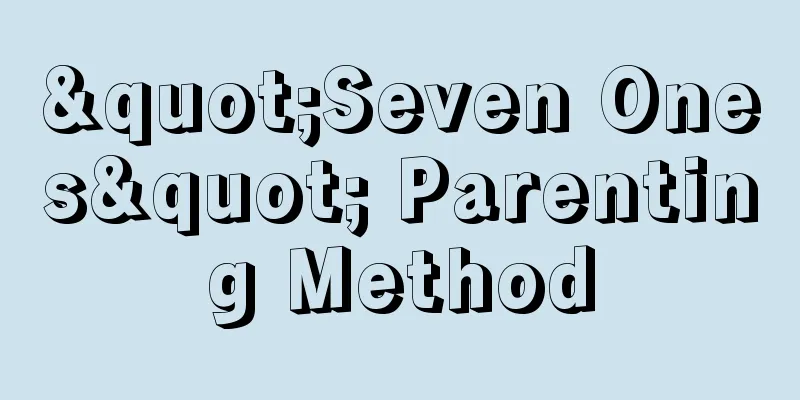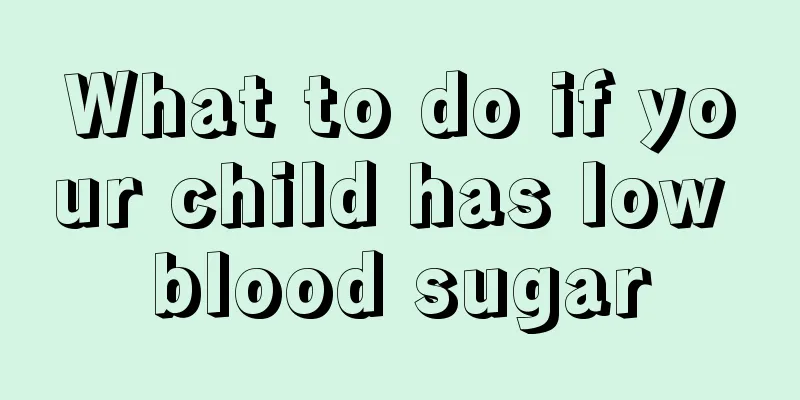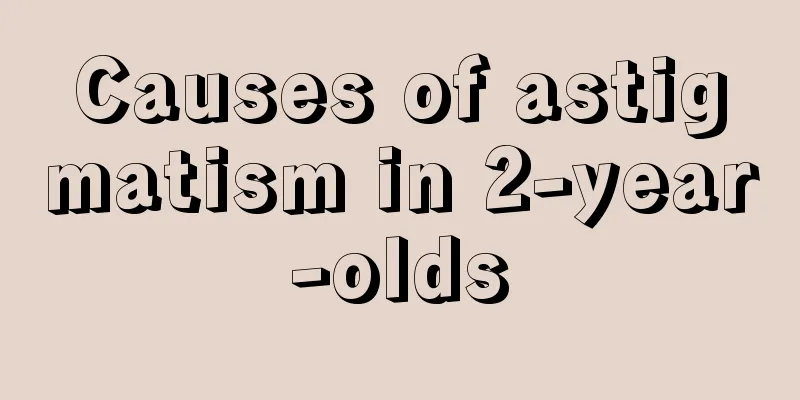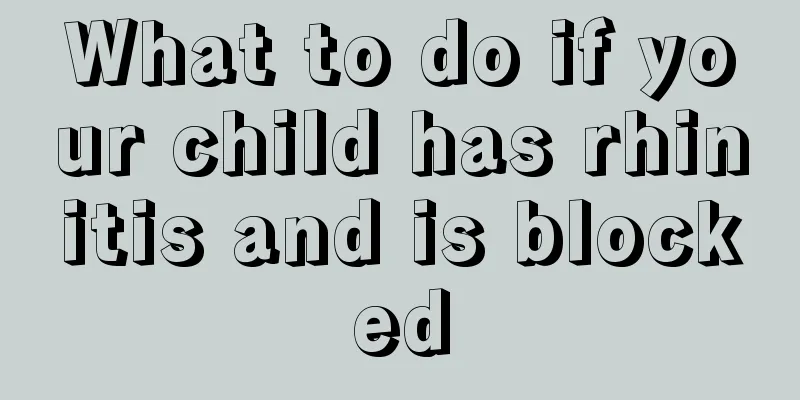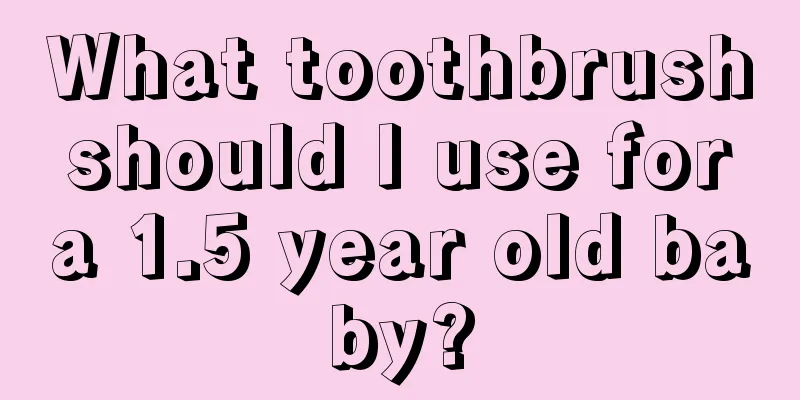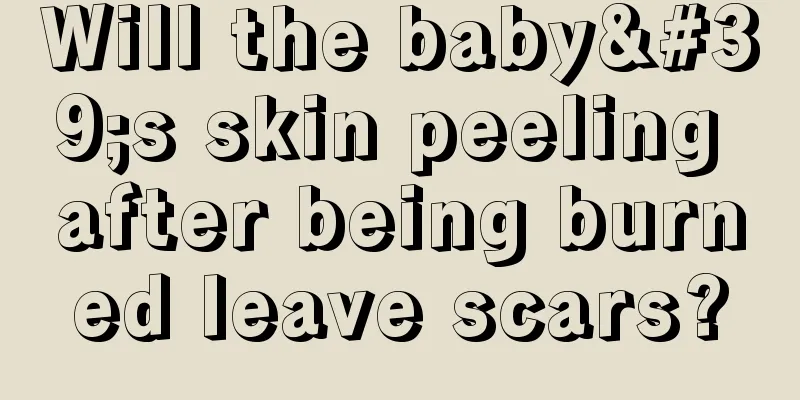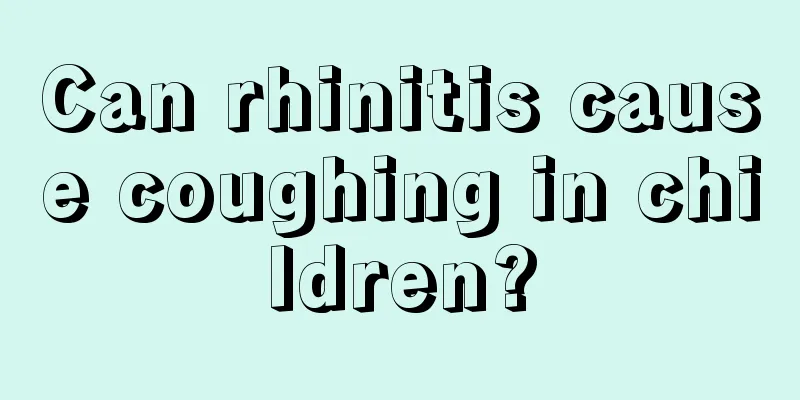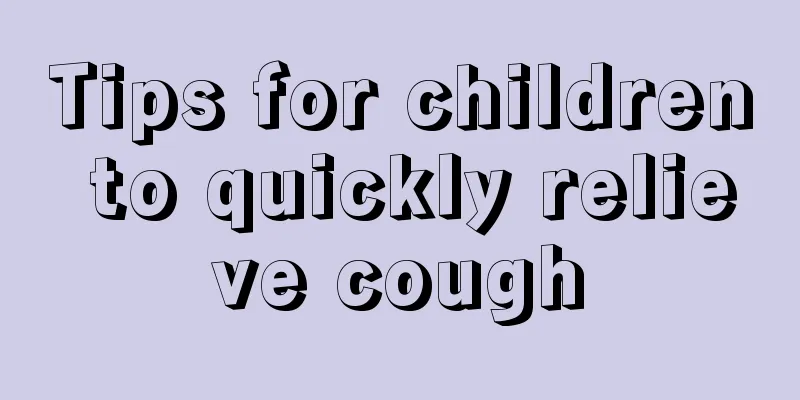How to clean your baby's mouth
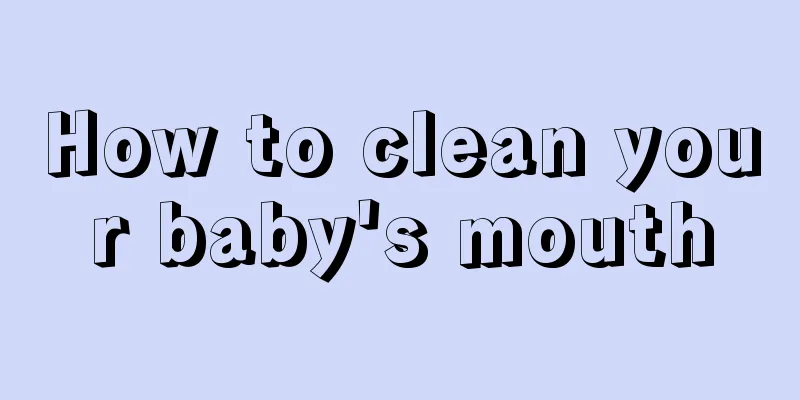
|
Some parents often have this misunderstanding, thinking that their baby is too young and does not need oral cleaning. This idea is wrong. The baby is very young, so they need to pay more attention to oral care to avoid some oral inflammation problems. If the baby is not able to brush his teeth by himself, parents can use a cotton swab dipped in saline to clean the baby's mouth. Let’s take a look at this aspect. How to clean your baby's mouth Oral hygiene and care for your baby is actually very important. During the infant and toddler stage, babies are prone to common diseases such as thrush, oral ulcers, tooth decay, decayed or premature loss of deciduous teeth, etc. If we do not pay attention to the baby's oral care, it will not only cause physical discomfort to the baby, but also affect the baby's tooth growth. There are also many young mothers who think that babies do not need to clean their mouths when they are breastfeeding or drinking formula, and only need to brush their teeth when they are in the stage of eating. That is a big mistake! In fact, it is necessary to develop a good habit of cleaning the mouth from the moment the baby is born, so as to contribute to the baby's oral health and eat Ma Ma Xiang! 1. Infant stage: rinse mouth with warm water For oral hygiene in the neonatal period, we can feed the baby a small amount of warm water to clean the mouth. The correct approach should be to let the baby drink a small amount of boiled water after feeding with breast milk or formula to clean the remaining milk or food in the mouth and reduce the growth of oral bacteria. Breastfeeding mothers should keep their nipples clean, and the bottles or nipples used for artificial feeding should also be thoroughly washed to avoid oral infections in babies. 2. Before the baby teeth grow: Clean the mouth more carefully Another stage that needs attention in baby's oral care is the stage before the growth of deciduous teeth, which usually occurs when the baby is around 6 months old. There will be some discomfort symptoms before teeth eruption, such as swollen gums, fever, pain, etc. When we care for the baby, we first use a cotton swab dipped in light salt water or warm water to wipe the baby's cheeks and the outside of the gums, and then wipe the inside of the gums and the tongue. For babies who refuse to open their mouths, we can pinch the baby's cheeks with the thumb and index finger of our left hand to make them open their mouths. If necessary, we can also use the handle of a spoon or chopsticks to help open their mouths, but we must not use too much force as it will hurt the baby. When scrubbing, care should be taken to keep the items used clean and hygienic, and to prevent the disinfected items from becoming dirty and contaminated. Use a new cotton swab when scrubbing a part, and do not dip too much liquid on the cotton swab to prevent the baby from inhaling liquid into the respiratory tract and causing danger. 3. After teeth grow: brush deciduous teeth with gauze dipped in warm water After the baby starts to grow milk teeth, we need to clean his little teeth. For babies under 1 year old, we should use a fingertip toothbrush or gauze dipped in warm water to gently wipe the deciduous teeth and gums. Teeth cleaning should also be done regularly, once in the morning and evening every day, and once after the last feeding at night, to avoid milk remaining in the mouth for a long time, which can easily cause tooth decay. After the age of 1, you should choose a toothbrush and toothpaste combination specially designed for infants and young children. 4. Before the age of three: The toothbrush is out After teeth grow, babies consume more types of food and more food residues remain in their mouths. It is obviously not enough to clean the mouth just by rinsing the mouth. At this time, we can prepare a rubber toothbrush for the child. When you try to help your baby start brushing his teeth, be careful not to use too much force or too fast to avoid damaging the baby's gums and oral tissues with the toothbrush. |
<<: Three-year-old baby oral herpes
>>: How to treat oral cysts in children
Recommend
What are the early symptoms of avascular necrosis of the femoral head in children?
In our impression, femoral head necrosis should o...
What should I do if my child is mycoplasma positive?
Some of you may have heard of the symptoms of myc...
Symptoms of precocious puberty in children, parents must read
More and more children are entering puberty early...
What is the cause of positive occult blood in infant stool?
Babies who are too young have no self-control and...
Twenty-month-old baby recipe steps
Babies approaching two years old need more nutrit...
What causes high white blood cell count in children?
Some common diseases among children include fever...
Why are newborns always hungry?
Newborns are a group that has just come into this...
Why does my baby always shake his head before going to sleep?
After having a baby, parents will pay attention t...
What are the ways to enhance children's immunity?
In daily life, every parent hopes that their chil...
What causes tinnitus in children?
If a child keeps complaining about noise in his e...
What to do if your child is allergic to medicine and it itches
Children's physical health is very important,...
What causes strabismus in children?
Literally speaking, it means that the child's...
What to do if your newborn baby's poop smells sour
Every baby is a piece of flesh and blood from his...
What kind of sports are good for children?
We all know that children and the elderly are rel...
Two month old baby retching frequently
When I was two months old, I relied on milk powde...

